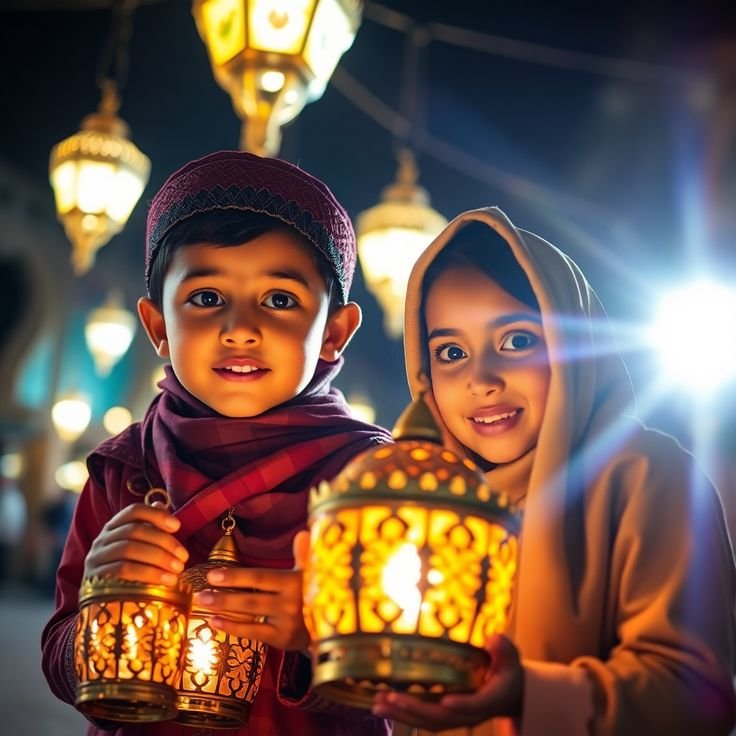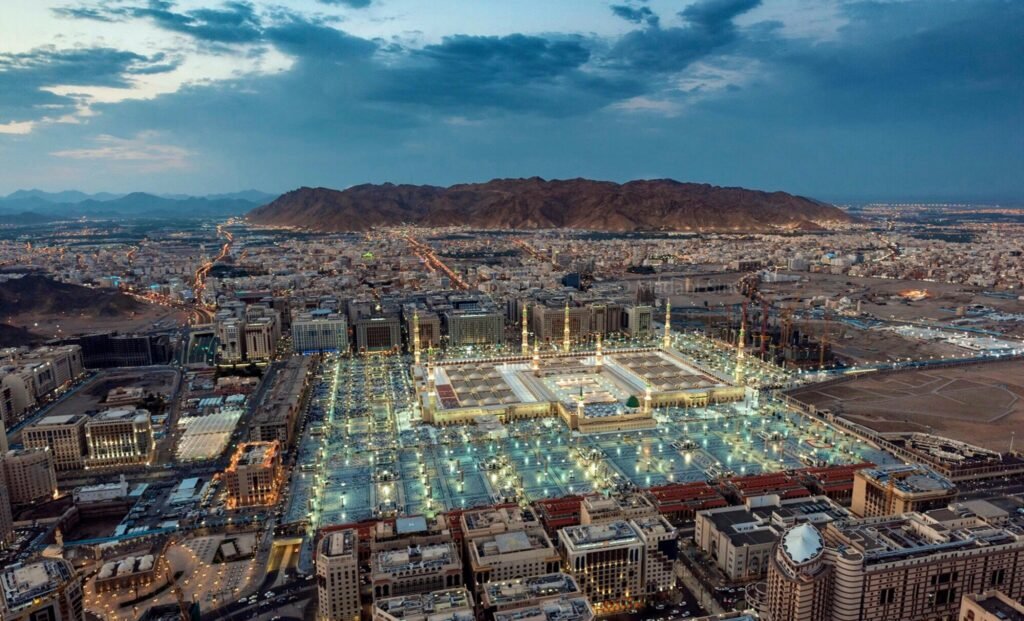Islamic News: The Hidden Struggles of Iranian Muslims

In today’s sprawling realm of Islamic News, few stories resonate with such poignant urgency as the quiet trials of Iranian Muslims. Nested amid political tension and social upheaval, their struggles remain overshadowed yet deeply resonant. This comprehensive update illuminates the heartfelt pain, profound resilience, and spiritual fortitude of the Iranian Ummah, weaving together narrative threads drawn from Islam, its rich Islamic History, sacred observances, and ethical imperatives.
Through careful examination of Islamic News, this in-depth article unfolds the multifaceted challenges confronting believers in Iran—religious, cultural, and socio-political—while offering hope and solidarity grounded in faith.
1. The Core of Faith: What the Islamic Religion Stands For
1.1 Defining Islam Amid Oppressive Currents
Islam—the pristine submission to the divine, signifying peace and servitude—stands as a luminous ethos that transcends tumult. To answer what the Islamic religion is, one must appreciate its essence: a holistic commitment to worship, justice, compassion, and moral accountability.
In Iran, adherents embrace this sacred way of life under extraordinary duress, clinging to Salah, fasting, charity, and Quranic guidance despite mounting pressure. Their beliefs form an indomitable bulwark against sociopolitical encroachments.
1.2 Historical Echoes: Iran in Islamic History
Islamic News: Iran occupies a pivotal locus in Islamic History. From its early embrace of Islam to its role in transmitting philosophy, mysticism, jurisprudence, and art, Persia has shaped the global Muslim tapestry. Figures like Avicenna (Ibn Sina) and Al-Farabi, along with the evolution of Shi‘ah and Sunni traditions, bespeak a spiritual and intellectual heritage of rare brilliance.
Yet this rich legacy is now juxtaposed with modern tensions: religious restrictions, gender-based edicts, and ideological oversight, altogether raising an urgent question of religious authenticity versus authoritarianism.
2. The Hidden Struggles of Iranian Muslims
2.1 Restrictions on Religious Expression
While Iran’s constitution claims to uphold Islamic guidelines, in practice, religious dissent faces stringent suppression. Minority Muslim sects, reform-minded clerics, and nonconformist believers—particularly women refusing compulsory hijab—are often penalized, silenced, or jailed. These prohibitions stifle authentic spiritual expression, issues that are rarely illuminated in mainstream Islamic News.
2.2 Gender-Based Oppression and Hijab Mandates
Women are compelled by edict to observe a rigid dress code. Acts of protest—removing the hijab in public—have triggered large-scale outrage and crackdowns. These brave women, guided by conscience and religious agency, face harsh detention and brutality. Their struggle is spiritual, ethical, and political, and requires urgent amplification within our Islamic Information channels.
2.3 Persecution of Religious Minorities
Sunni Muslims, Sufi orders, and some Shia practitioners face systemic discrimination. Official registration of mosques is limited, pilgrimage to Sunni shrines faces obstacles, and Sufi gatherings are frequently disrupted. In a land once renowned for Sufi poetry and inclusive spirituality, this persecution betrays a profound deviation from Islam’s universal ethos.
2.4 Curtailment of Religious Scholarship
Independent scholars seeking to reinterpret jurisprudence or Quranic exegesis face hurdles. Seminaries in Qom enforce doctrinal conformity, while new ideas are censored. The flourishing tradition of open inquiry in Islamic History now buckles under ideological control.
3. Spiritual Anchors: What Is Roza and Salah Amid Suppression
3.1 Roza: Fasting as Silent Resistance
Islamic News: What is Roza and Salah? Roza—the sacred fast—becomes more than a spiritual exercise; it turns into discreet defiance and resilience in Iranian cities where public worship is policed. Observing Ramadan fasting fosters empathy for the oppressed and fortifies believers with spiritual dignity.
3.2 The Sanctity of Salah: Prayer in Private
Salah—the quintuple daily prayer—is the heartbeat of Islamic News. Yet across Iran, Muslims often pray discreetly at home, careful of surveillance. Still, these prayers embody defiance, a reminder that no edict can bar the divine connection.
4. The Islamic Hijri and Islamic New Year: Timing Resistance With Reverence
4.1 The Islamic Hijri Calendar: Memory of Trial and Triumph
The Islamic Hijri calendar marks the sacred migration of the Prophet Muhammad ﷺ. Iranian Muslims aligning their protests with Muharram or Ramadan draw upon this powerful legacy of spiritual struggle and moral clarity.
4.2 The Islamic New Year: Renewed Hope
The advent of the Islamic New Year in Muharram carries emotional gravity. Iranian believers imbue it with a dual purpose: to mourn Karbala’s martyrdom and to renew resistance. It is a poignant reminder that spiritual renewal and political conscience often converge.
5. What Is Eid? Celebratory Spirit Amid Silence
5.1 Eid ul‑Fitr and Eid al‑Adha Under Duress
What Is Eid? Two annual festivals—the joyful Eid ul-Fitr and the sacrificial Eid al-Adha—unite Muslims in prayer and feasting. In Iran, these events become delicate performances under watchful eyes. Families may avoid large gatherings, fearing surveillance. Yet they persist—quietly reclaiming festivity and hope.
5.2 Eid as Cultural Assertion
Amid subtle oppression, these Eid celebrations become an assertion of faith and identity. Street lights glow with paper lanterns. Cheers resonate in private homes. Children learn Quranic verses—silent acts that defy fear.
6. The Role of Islamic News and Islamic Information
6.1 Amplifying Hidden Stories
Islamic News must exceed mere headline reportage. It should amplify the muted cries of Iranian Muslims, sharing stories of resistance, poetry, prayer circles, and hijab activism across borderless platforms.
6.2 Educating the Global Ummah
By nurturing Islamic News Information, global Muslims gain awareness about Imam Hussein’s legacy, about Iranian women’s hijab defiance, about neighborhoods where Salah is whispered on rooftops. This knowledge fosters genuine empathy and catalyzes support.
7. Theochemical Resonance: Faith and Courage in Islamic History
7.1 Historical Parallels of Sacrifice
In Islamic History, martyrs have risen—from Karbala’s sons to modern activists. Iranian Muslims channel this heritage, paying the price with imprisonment and exile. Their stories echo timeless narratives of justice.
7.2 Legacy of Scholastic Integrity
Iran was once the cradle of Islamic learning, hosting master theologians and philosophers. This tradition persists quietly: home-based study circles, underground Quranic schools, and digital fatawa. They defy oppression through spiritual scholarship.
8. Community Resilience and Social Movements
8.1 Solidarity Networks and Humanitarian Aid
Despite systematic suppression, Iranian believers organize discreet charitable networks. They provide food, shelter, legal aid to arrested activists, and educational resources—all drawn from Qur’anic mandates for compassion and support.
8.2 Youth Mobilization and Ethical Dissent
Young Iranians use encrypted messages, poetry, and art to protest oppression and demand reform grounded in Islamic values. Their movement transcends political partisanship—it is spiritual, ethical, and culturally rooted in belief.
9. Cultural and Artistic Expression in Turbulence

9.1 Poetry as Revolution
Iran’s poetic heritage—Rumi, Hafez—is today coupled with contemporary verses that lament and challenge. Poems circulate in covert literary salons, serving as spiritual sustenance and cultural defiance.
9.2 Music and Visual Art
Nasheed-style music blends with protest chants, performed in basements. Murals adorn anonymous walls, depicting Quranic verses like “O you who believe, stand firm for justice,” reclaiming public space for religious and moral expression.
10. Islamic Governance: Misinterpretation vs Authentic Principles
10.1 Distortion of Khilafah and Shura
Theocratic governance in Iran is often conflated with Dar-al-Islam ideals. Yet historically, Khilafah and Shura mandated consultation, justice, and equity. The perversion of religious institutions stifles true Islamic political ethics.
10.2 Hope for Reform: Embedding True Islamic Ethics
True Islamic politics should restore justice, not suppress inquiry, not silence minorities, not enforce sexist codes. Iranian youths call for an infusion of genuine Shura, accountability, and compassionate Khilafah into modern governance.
11. The Ethical Imperative of Islamic Information and News
11.1 Advocacy Through Awareness
This Islamic News article is a clarion call, spreading urgent information about Iranian Muslims’ plight. It is not mere rhetoric; it is a compelling invitation to prayer, support, and solidarity across our Ummah.
11.2 Spiritual Duties and Actions
- Prayer and Fasting: Make heartfelt du’a for Iranian Muslims during Salah and Roza.
- Charitable Aid: Donate to supportive networks assisting persecuted families.
- Educational Engagement: Share Islamic Information—teach others about peaceful resistance rooted in faith.
- Advocacy: Engage with human rights groups aligned with Islamic ethics to call for religious freedom.
Final Note About the Islamic Religion
Islamic News: The hidden struggles of Iranian Muslims are not isolated tragedies—they are spiritual testaments. As we trace through what the Islamic religion stands for, the ritual solace of Roza and Salah, the warmth of Eid, and the liberating narrative of the Islamic New Year, one truth emerges: faith is not passive.
This Islamic News piece champions hope over despair, proclaiming that a single candle can dispel the darkest eclipse. When isolated, oppressed voices find resonance in prayer, collective consciousness, and solidarity, the seeds of reform, dignity, and spiritual resurgence take root.
Let this message cascade across homes, mosques, and digital enclaves: Iranian Muslims are not alone. Their resilience, their poetry, their verse, their nasheed lifts them—and lifts us. Their struggle illumines an essential truth: fidelity to Islam demands justice, inquiry, and mercy, not silence.
